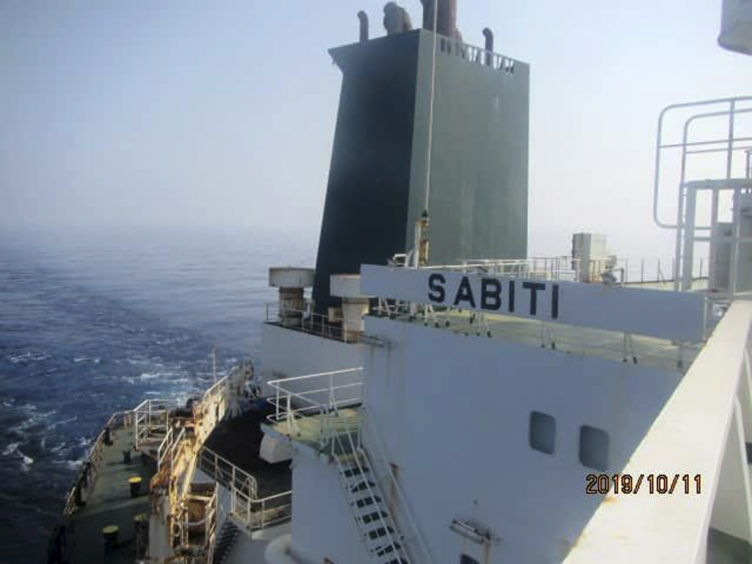
Tanker prices have rocketed over the last week, driven by US sanctions on various Chinese shippers, principally COSCO Dalian.
Clarksons Research Services noted that rates for VLCCs had spiked by 516% on average, from $50,002 per day to $307,888 per day. The research company’s tanker index was up slightly less, by 323% to $80,255 per day.
The market has been increasingly positive for tanker rates, Clarksons said, with the International Maritime Organisation (IMO) 2020 rules beginning to come to the fore. This requires shippers to restrict sulphur emissions to 0.5%, which requires either the installation of new equipment or the consumption of compliant fuel.
It was the US sanctions that drove the acceleration of pricing. These apply to 3.8% of global tonnage, Clarksons said, and 3% of oil tankers. In addition to the restrictions on Chinese shipping, the research company also noted some confusion over charters for Venezuela, in addition to Iranian claims of a missile attack on a tanker in the Red Sea.
The decisions on China and Venezuela have taken around 300 tankers off the market, a report this week from the Oxford Institute for Energy Studies (OIES) said. “Depending on the length of the disruption, all aspects of the oil industry may be affected: refining margins, oil flows, relative benchmark values and ultimately even supply, demand and prices,” said Michal Meidan and Adi Imsirovic, for OIES.
The US Office of Foreign Asset Control (OFAC) has specified that while the COSCO parent company is not sanctioned, those on the list include COSCO Shipping Tanker (Dalian), COSCO Shipping Tanker (Dalian) Seaman & Ship Management, Kunlun Holding Co., China Concord Petroleum, Kunlun Shipping Co. and Pegasus 88. Sanctions were imposed for transporting Iranian crude to China.
Given a lack of transparency over vessel ownership, all potentially linked ships have been effectively blacklisted. Estimates for the COSCO Dalian fleet vary, from 43 tankers – including 26 VLCCs – to six. There is also an impact on LNG shipping, with COSCO Dalian part-owning six Arc7 vessels that serve the Yamal LNG project.
Meidan and Imsirovic also noted decisions from a number of traders to stop using tankers that have shipped Venezuelan crude in the last year. This could cover as many as 250 tankers.
The OIES authors pointed out that China is particularly exposed to high tanker rates, at a time when growth is slowing and its trade war with the US grinds onwards. “It is now abundantly clear that China’s biggest oil supply vulnerability is [the] US.”
